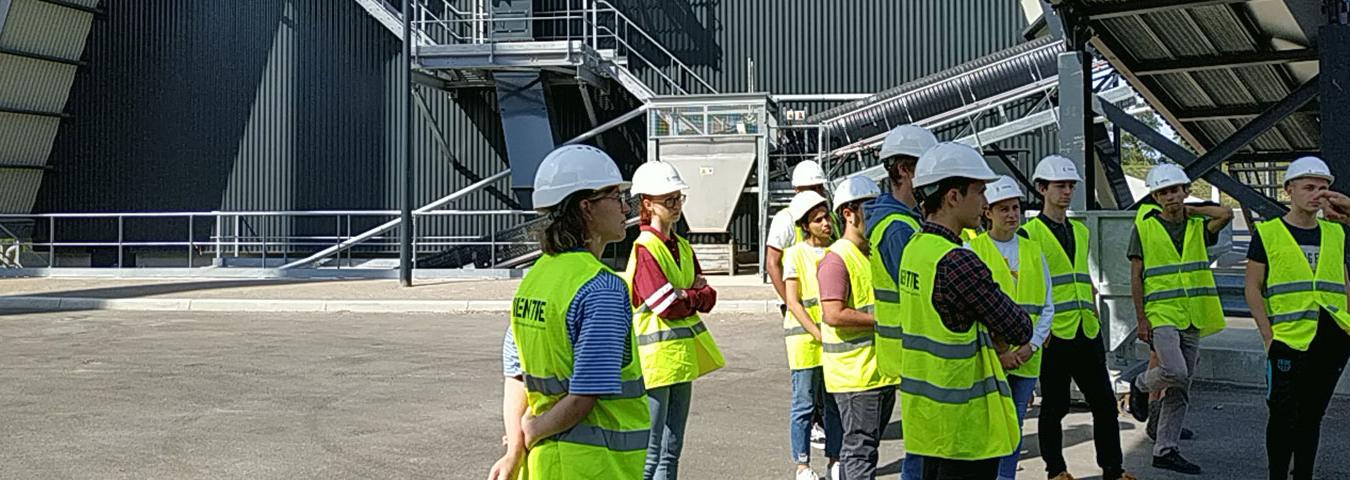
6 areas of specialization
At the end of year 1, students choose their area of specialization from among the following:
/// Civil engineering
As an engineer you will pay attention, in addition to the technical quality of your works, to the efficiency and quality offered to users, to the optimal technical and financial management of assets, to management of the natural and technological risks to which infrastructure is exposed, to prolonging the life span of works and to reducing the ecological footprint of buildings.
/// Building
You will master the professional methods, technology and tools in this field. You will acquire a strong scientific, technical and managerial culture enabling you to handle multiple issues in connection with both the construction and renovation of buildings.
/// Mobility and transport
You will work as an engineer responsible for planning mobility infrastructure and services, or as an engineer responsible for the operation of such infrastructure and services. The field of transport covers a wide range of professions, at the heart of territorial, social and sustainable development issues of the 21st century: planning, evaluation, operation, management, regulation, optimization, etc.
/// Urban planning and policies
As an engineer responsible for the planning of urban spaces, you will consider how to organize activities to correspond to the dynamics of urban or peri-urban development and how to improve the management of existing urban spaces, in a context of open and participatory governance.
/// Risks and pollution
You will work as an environmental engineer responsible for assessing the impact of spatial planning on the environment, for managing industrial, natural and technological risks, for implementing sanitation facilities, for the treatment of waste and for decontaminating polluted sites and soils.
/// Rivers, coasts and waterways
As a hydraulic engineer, you will take part in planning projects in these environments (waterways and seaports), as well as in projects to reduce risks and pollution (flooding, water quality and sediment).
The 6 areas of specialization are taught by 3 teaching and research departments: the Building and Civil Engineering Department, the Transport Department and the City and Environment Department.










